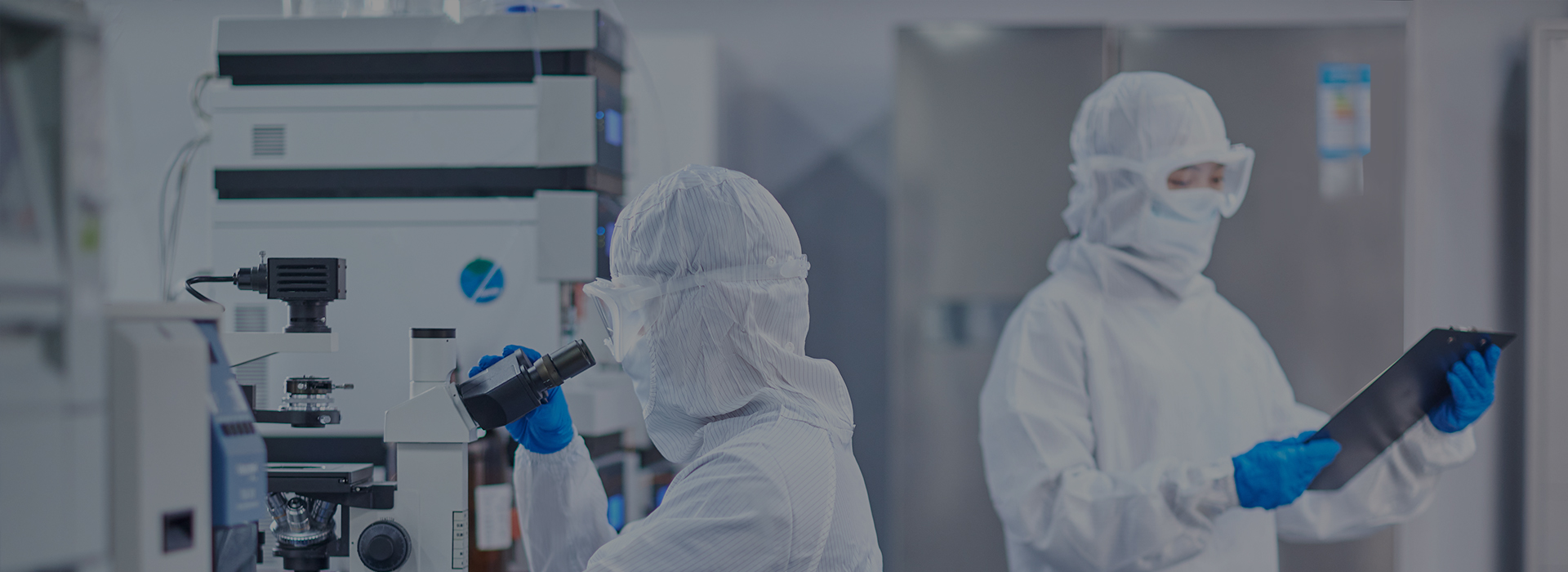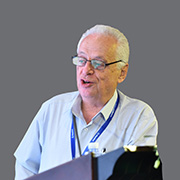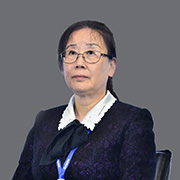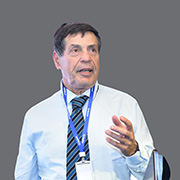


Doctor of Cancer Research at Machon Weizmann Lemada, Israel
Completed his postdoctoral training at UCLA and UCSF
Served as a visiting professor at Harvard University and the Memorial Sloan-Kettering Cancer Center, as well as the National University of Australia.
Currently professor at Technion Integrated Cancer Center, Israel

Chinese scientist with Swedish nationality, and holds a PhD degree in biochemistry
Currently professor at the Department of Medical Biochemistry and Microbiology, Uppsala University, Sweden; serves as a PhD supervisor, and Research Projects Leader
Visiting Professor at Beijing University of Chemical Technology
Elected in the 10th batch of overseas high-level talents in Beijing Overseas Talent Aggregation Project

Doctor of Immunology at Machon Weizmann Lemada, Israel
Post-doctor at Immunology and Neuroimmunology at Stanford University
Formerly Visiting Professor at the Department of Neurology of School of Medicine, Stanford University
Currently Professor in the Department of Immunology at the Ruth and Bruce Rappaport Faculty of Medicine